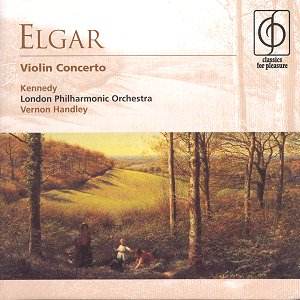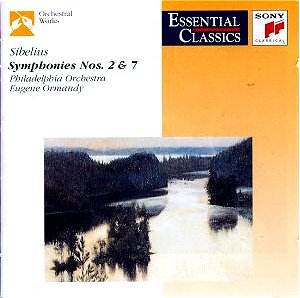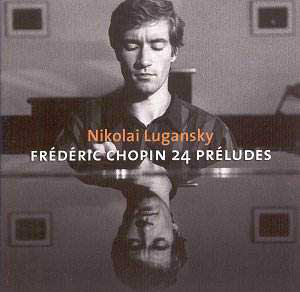 Composer: Edward Elgar
Composer: Edward Elgar
Works: Violin Concerto in B minor, Op. 61
Performers: Nigel Kennedy (violin), London Philharmonic Orchestra, Vernon Handley (conductor)
Recording: Recorded at Watford Town Hall on 21 and 22 March 1984
Label: EMI
Edward Elgar’s Violin Concerto, completed in 1910, stands as a monument of early 20th-century British music, encapsulating the emotional weight and rich harmonic language that characterizes much of his oeuvre. Written in the wake of personal and national challenges, this concerto reflects a profound introspection—its intricate emotional landscape is underscored by the poignant dedication left tantalizingly incomplete, suggesting a depth of sentiment that invites speculation. This recording, featuring Nigel Kennedy alongside the London Philharmonic Orchestra under Vernon Handley’s baton, brings forth the concerto’s striking contrasts and lyrical beauty with remarkable fidelity.
Kennedy’s interpretation is marked by a fiery intensity that captures the very essence of Elgar’s emotionality. His phrasing is both sensitive and assertive, particularly in the first movement, where the dialogue between the soloist and orchestra unfolds with a palpable tension. The opening Allegro is characterized by a yearning lyricism, and Kennedy’s ability to navigate the work’s technical demands while conveying its underlying pathos is noteworthy. His use of rubato allows for a personal touch, especially in the expansive second theme, which he shapes with exquisite nuance. This interpretative choice aligns well with Elgar’s own admission of the work being “awfully emotional,” as Kennedy effectively channels that sentiment through his bow.
The performance is bolstered by Handley’s expert direction, which balances the lush orchestration with the soloist’s voice, creating a cohesive sound that feels both grand and intimate. The London Philharmonic plays with a warmth and precision that complements Kennedy’s lyrical style, particularly in the heart-wrenching slow movement, where the strings’ lush chords provide a rich backdrop against which the violin soars. The orchestral colors are vividly realized, especially in the climactic moments that punctuate the work’s emotional trajectory. Handley’s approach recalls the grandeur of Sir Adrian Boult while allowing his own interpretative voice to emerge, making the orchestral accompaniment not merely supportive but integral to the emotional narrative.
The engineering quality of this recording merits particular attention, as it captures the intricate interplay of textures with clarity and depth. The acoustics of Watford Town Hall lend a resonant warmth that enhances the overall listening experience, allowing the nuances of Kennedy’s interpretation to shine through without overshadowing the orchestral fabric. The sound engineering ensures that the dialogue between soloist and orchestra is always in focus, a crucial element in a work where the interplay is of paramount importance.
Comparatively, this recording stands alongside notable renditions by other prominent violinists, such as Yehudi Menuhin’s collaboration with Elgar himself, yet Kennedy’s youthful exuberance and emotional insight carve out a unique space. While Menuhin’s interpretation often leans towards a more reverent approach, Kennedy’s is infused with a raw vitality that rejuvenates the work for contemporary listeners. His interpretation of the accompanied cadenza in the finale is particularly striking, a moment where Kennedy’s technical prowess and emotive expression coalesce, creating a sense of catharsis that is both thrilling and deeply satisfying.
This recording of Elgar’s Violin Concerto is an essential addition to the canon of classical music, not only for its artistic merit but also for its ability to communicate the emotional depth inherent in Elgar’s writing. Kennedy’s interpretative choices, combined with Handley’s adept orchestral management, result in a performance that captures the heart of this monumental work. The synergy between soloist and orchestra is palpable, making this rendition not merely a performance but a compelling narrative that resonates deeply with the listener.



